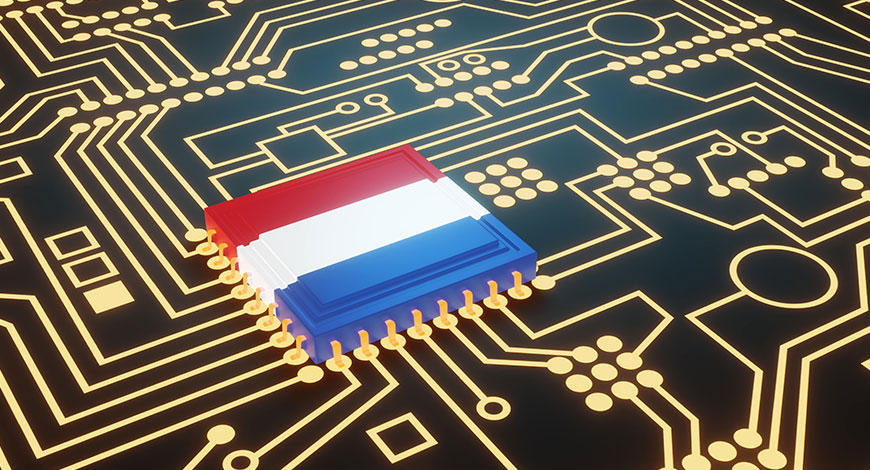Netherlands and Japan To Abide By U.S. Sanctions on Semiconductor Exports To China
In a significant development for the global semiconductor industry, the governments of the Netherlands and Japan have announced their decision to adhere to the U.S. Biden administration's sanctions restricting the export and licensing of advanced semiconductor technology and chip-making machinery to China. The agreement represents a unified effort to control the flow of critical technologies that could be used to enhance China's semiconductor manufacturing capabilities.
The decision aligns the Netherlands and Japan with the U.S.'s broader strategy to limit China's access to key technologies that have implications for national security and technological dominance. Under the terms of this agreement, both countries will enforce strict export controls on semiconductor technology and manufacturing equipment that could contribute to the development of advanced chips below the 14-nanometer scale.
Ensuring technological security and stability
Washington’s sanctions aim to curb the transfer of technologies that could potentially support China's capabilities in producing advanced semiconductors, which are essential for both commercial and military applications. With the Netherlands and Japan now joining the U.S. in these efforts, the trio of nations reinforces a collective approach to safeguarding critical technologies and preventing their misuse in sensitive applications.
The Netherlands is home to ASML, the world's leading manufacturer of lithography machines, including extreme ultraviolet (EUV) lithography equipment necessary for producing the most advanced semiconductor chips. Japan, a key player in the semiconductor supply chain, produces essential materials and tools that are vital to chip-making processes. By aligning their export control policies with the U.S., both countries underscore their commitment to upholding global security standards while balancing the needs of the semiconductor industry.

Global collaboration in the face of evolving geopolitical challenges
"The Netherlands and Japan’s decision to work alongside the U.S. is a critical step in ensuring that these advanced technologies are not used for purposes that could threaten global stability," said Luis Fernández, CEO at TC Microchips. "This trilateral cooperation highlights the importance of a unified response to the evolving challenges in the tech sector."
The agreement comes at a time when geopolitical tensions between the U.S. and China have led to a series of measures intended to limit China's access to technology that could be used for advanced computing, artificial intelligence, and military applications. These controls are also designed to slow China's progress in developing its own domestic semiconductor capabilities, which could challenge Western technological leadership in the sector.